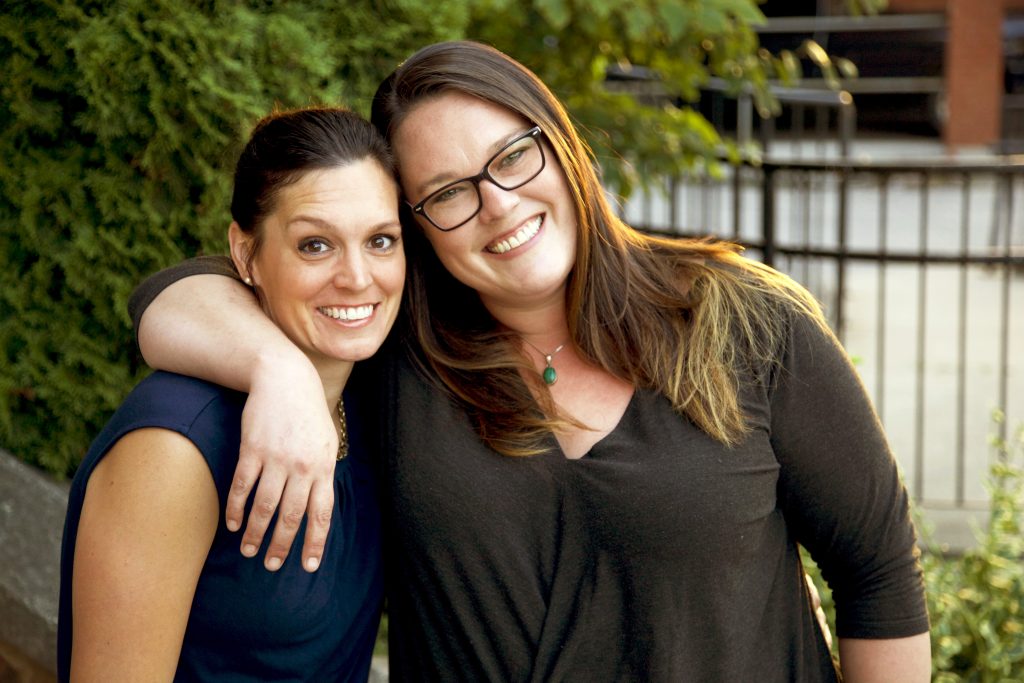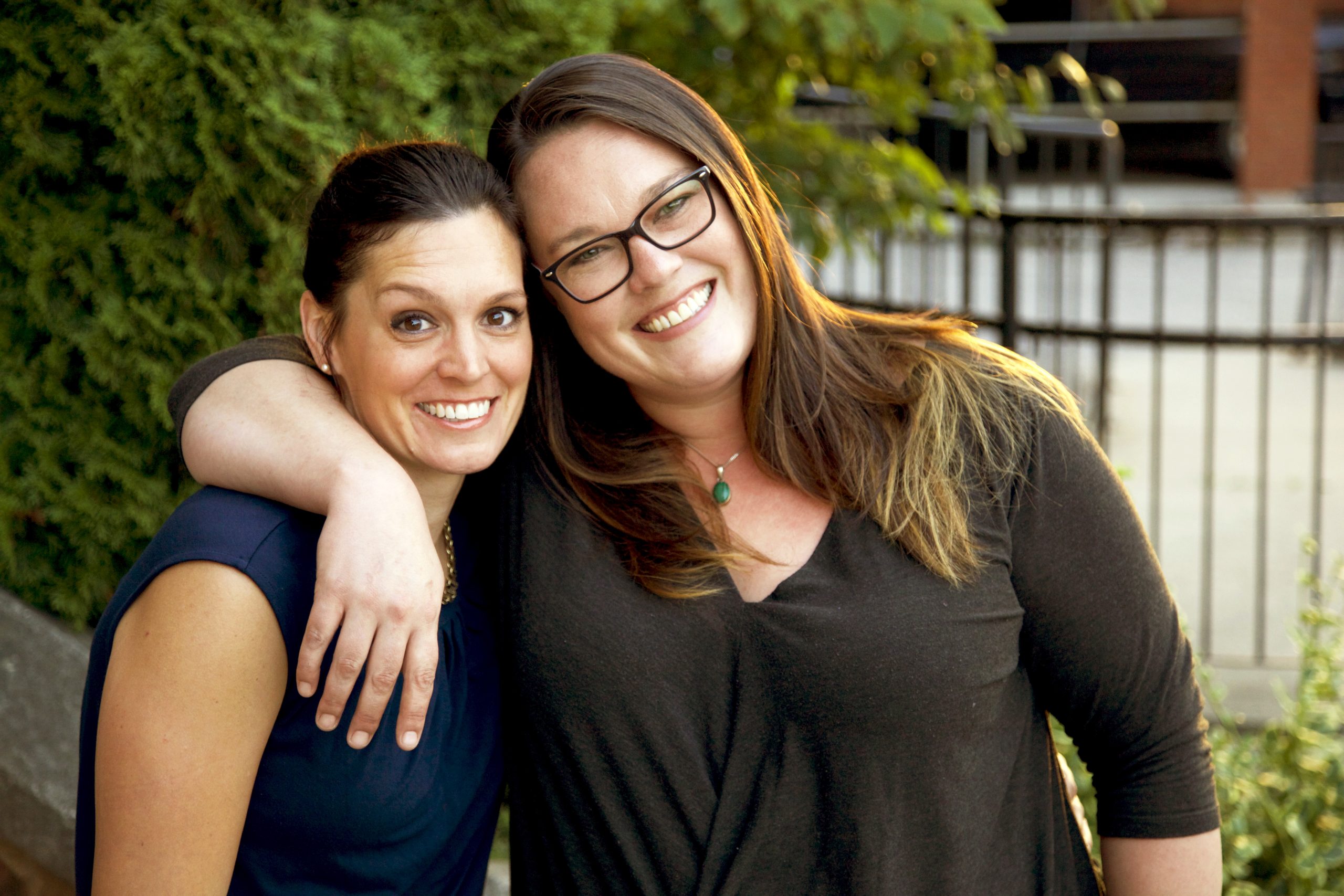When mental illness affects families

 For more nights than she can count, Shannon has waited for a phone call to tell her that her sister, Laura, was not okay. Last July, Shannon was at work when she had a bad feeling – Laura hadn’t been well the day before and calls to her cell phone were now going straight to voicemail. She and her other sister decided to call 911. Her partner, who was close to Laura’s apartment, showed up moments before the paramedics – Laura had just taken more than 80 pills.
For more nights than she can count, Shannon has waited for a phone call to tell her that her sister, Laura, was not okay. Last July, Shannon was at work when she had a bad feeling – Laura hadn’t been well the day before and calls to her cell phone were now going straight to voicemail. She and her other sister decided to call 911. Her partner, who was close to Laura’s apartment, showed up moments before the paramedics – Laura had just taken more than 80 pills.
“She’s been living with addiction and mental illness since she was a teenager – this happened more than ten other times,” Shannon said. “On that day in particular, I just had this instinct that something wasn’t right – I felt like she was slipping.”
Laura was rushed to the Emergency Department, where her system was flushed out. Shannon came in to be by her sister’s side, but this time spoke with Laura’s care team, desperate to learn how she could help her sister get through this. That’s when she was referred to the Family Navigation Program. While it initially started as an opportunity for Shannon to learn more about how she could support her sister, over time it became a way for Shannon to understand that she also needed help.
“I hadn’t realized how much of an impact the 20 years of supporting my sister had on me,” she said. “Joining the Family Navigation support group gave me a chance to talk with other people who were in similar situations – which finally opened the door to allow me to see the pain that I felt because of my experience.”
The program also helped give Shannon hope – for the first time – that her sister could fully recover.
“The Family Navigation team reframed everything my sister was going through as her being in pain, which is something we’d never heard before,” she said. “It had always been positioned as her being addicted to drugs or bipolar. It gave us a whole different way of looking at her and it finally gave me the terminology to express that Laura needed our love and support, not to tell her to get her act together.”
Our Mental Health and Addictions programs see tens of thousands of visits every year, which means we also see many family members supporting their relatives as they go through what can be a very difficult time. While patients are being treated, family members often experience feelings of confusion, sadness and frustration. That’s where the Family Navigation Program comes in.
The program matches relatives with family workers experienced in mental health who help explain the complexities of what’s happening with their loved one as they go through their care journey. They help guide families through the hospital process and often sit in on meetings with the patient’s healthcare team. The program is a partnership between St. Joseph’s Health Centre and CMHA Toronto’s Family Outreach and Response Program and, in addition to providing information and education, offers counselling, support groups and connections to resources for continued ongoing support.
“The time when patients are receiving treatment can often be difficult for their families,” said Dr. Jose Silveira, Chief of Psychiatry. “Family members provide an incredible amount of support and it’s important that they have resources available when their loved ones are in hospital.”
“Supporting them also helps them be able to provide better care to their loved ones after they’ve been discharged,” he said. “As families gain a better understanding of mental health and responding to crises, they understand what resources are needed and how to handle those situations.”
Learn more
Shannon will be telling her story about the support provided by the Family Navigation Program at an event at St. Joe’s in November. The Healing Happens: Family Mental Health Recovery Narratives event provides an opportunity for family members to learn from others’ experience about supporting a loved one with mental illness. It will be held in Education Centre A&B (by the cafeteria) on Tuesday, Nov. 14 from 7-10 p.m. Click here to RSVP.
